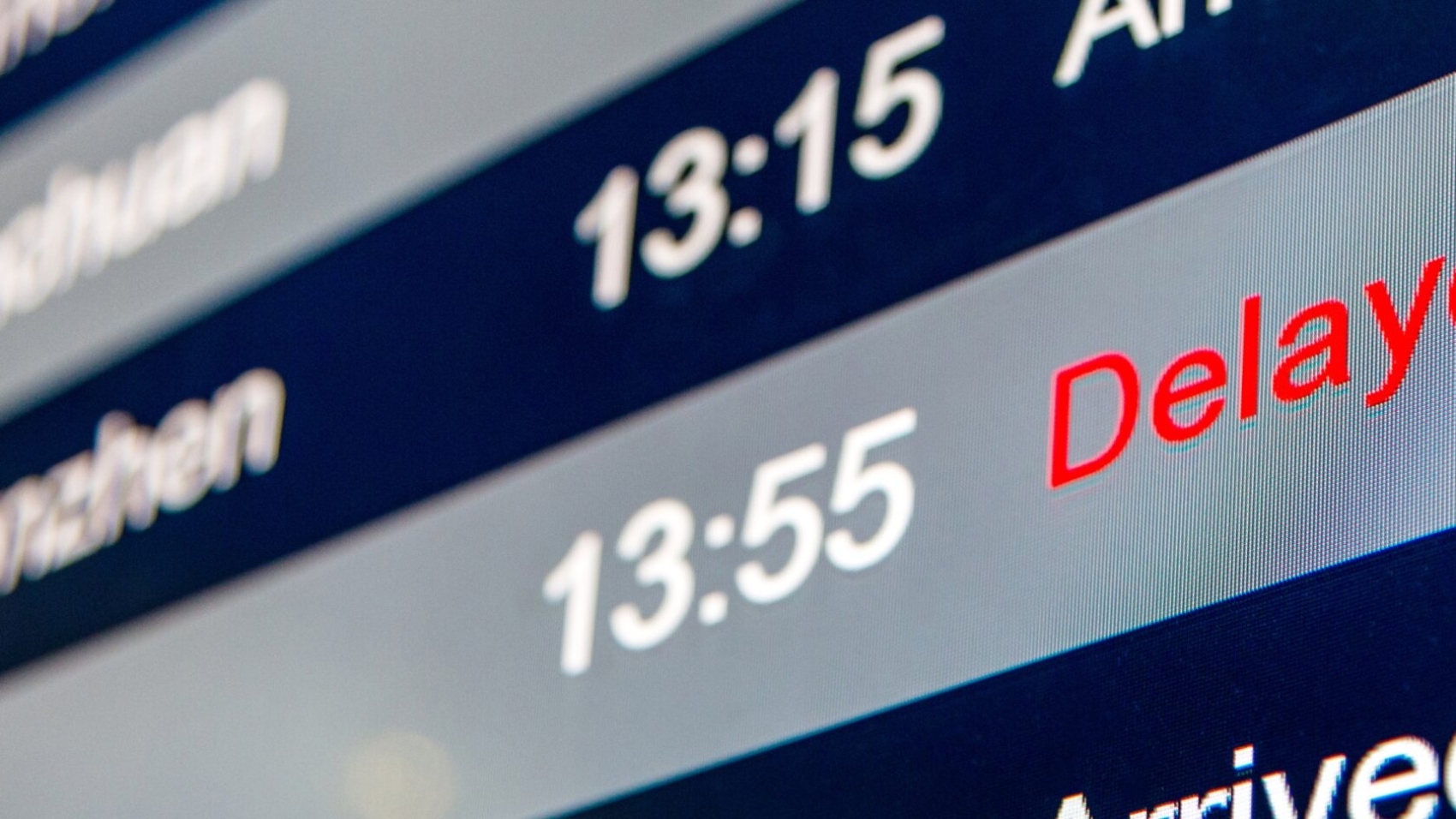In today’s quickening fast pace of aviation operations, disruptions such as delays, cancellations, or crew and aircraft problems are unavoidable. How airlines manage these irregular operations (IROPs) can cement or destroy passenger satisfaction, operational efficiency, and revenue. Historically, disruption management was a manual process – reliant on spreadsheets, phone calls, and coordination with staff. While workable, this method is sluggish, error-ridden, and ever less adequate in an era of soaring passenger expectations and operations complexity.
Enter automated disruption management. With the power of advanced technology, AI, and predictive intelligence, airlines now have the capability to turn disruption management into a proactive strategic tool rather than a reactive chore.
Key Takeaways
- Disruption handling is time-consuming and prone to error – using spreadsheets, calls, and isolated processes raises disruption costs and lowers passenger satisfaction.
- Automation makes operations easier – predictive disruption intelligence, automated rebooking, compensation management, and real-time passenger communication reduce response times.
- VoyagerAid takes the lead – providing an end-to-end airline disruption management solution with AI chatbots, self-service portals, and analytics dashboards to maximize recovery.
- Operational effectiveness and customer trust increase – quicker resolutions, proactive communication, and customized rebooking minimize escalations and promote trust.
- Data-driven decision-making – analytics and reporting tools allow airlines to learn from disruptions, avoid repeat issues, and continuously improve performance.
What is Automated disruption handling
Automated disruption management is the application of sophisticated software, AI, and forecasting tools to handle airline operating disruptions such as delays, cancellations, and crew or aircraft problems. Contrary to manual ones—which involve spreadsheets, phone calls, and coordination among staff—automated systems identify problems ahead of time, recommend solutions, and interact with customers in real time.
Manual Disruption Handling: Challenges Airlines Face
Manual disruption management includes operations staff monitoring delays, rebooking passengers, issuing updates, and computing compensation, frequently from multiple systems. There are major disadvantages associated with this method:
- Long response times: Manual methods take too long to respond to chain reaction disruptions.
- Variables in passenger communication: Passengers frequently find out about flight delays upon arrival at the airport.
- High operational expenses: Employee hours spent on spreadsheets and phone calls boost overhead.
- Limited analysis: With decentralized data, it’s difficult to learn from previous disruptions.
Due to these considerations, airlines are increasingly adopting airline disruption management software and airline disruption management solutions.
Automated Disruption Handling: Revolutionizing Airline Operations
An airline disruption management system or flight disruption management system combines predictive analytics, real-time communication, and automated workflow to manage irregular operations effectively. Automation allows airlines to anticipate disruptions, respond quickly, and keep passengers aware, enhancing both operational efficiency and customer satisfaction.
Key Features of Automated Disruption Handling
Predictive Disruption Intelligence
Flight delay predictors on platforms and flight delay and cancellation prediction software enable airlines to forecast flight delays and manage network effects ahead of time.
Operations teams can take informed actions ahead of time before disruptions spiraling out of control.
Automated Rebooking
Passenger rebooking and accommodation can be automatically initiated depending on flight status, passenger behavior, and availability.
Simplifies staff workload and speeds up resolution in IROPs reaccommodation.
Compensation Management
Software such as airline passenger compensation management and airline compensation management software provides timely, compliant compensation to impacted passengers.
Reduces human error and operational delay in compensating or refunding travelers.
Real-Time Passenger Communication
Real-time flight status alert notification, automated IROPS notice, and real-time airline notification systems keep the passengers notified through SMS, email, app, or in-app messaging.
Decreases call center load and builds passenger confidence.
Self-Service Portal
Airline disruption self-service portals enable travelers to rebook or handle flights on their own.
Self service reaccommodation features ensure smooth recovery from travel and minimize staff intervention.
AI Chatbot
An airline AI chatbot or top airline chatbot offers 24/7 support for rebooking, compensation issues, and flight status notification.
Reduces manual workload and enhances passenger interaction.
Rules & Policy Management
Airline policy management software and airline policy automation software tools guarantee adherence to regulations and airline policies.
Facilitates uniform decision-making among teams.
Analytics & Reports
Dashboards such as IROPS Dashboard for Airlines and airline data analytics & reporting software offer insights into disruption patterns, operational bottlenecks, and passenger behavior.
Assists in optimizing future operations and enhancing recovery strategies.
Conclusion
- Manual disruption handling is now insufficient; it is slow, expensive, and error-ridden.
- Automated disruption handling with capabilities such as predictive intelligence, rebooking automation, compensation management, and real-time passenger communication is revolutionizing operations.
- Airline disruption management solutions adopted by airlines yield efficiency, cost savings, and enhanced passenger satisfaction.
- VoyagerAid provides an integrated airline disruption management solution that integrates predictive disruption intelligence, automated rebooking & compensation, real-time communication of passengers, AI-driven chatbots, and self-service portals—enabling airlines to address disruptions in advance and inform passengers accordingly.
- Investing in VoyagerAid is not merely embracing software; it’s making disruption management a competitive edge. Airlines empowered with VoyagerAid not only enhance operational productivity but also enhance passenger trust and loyalty, making disruptions a moment of excellence.
